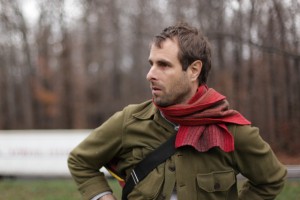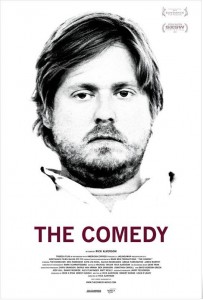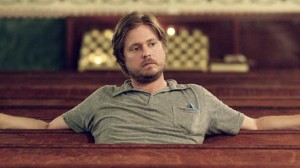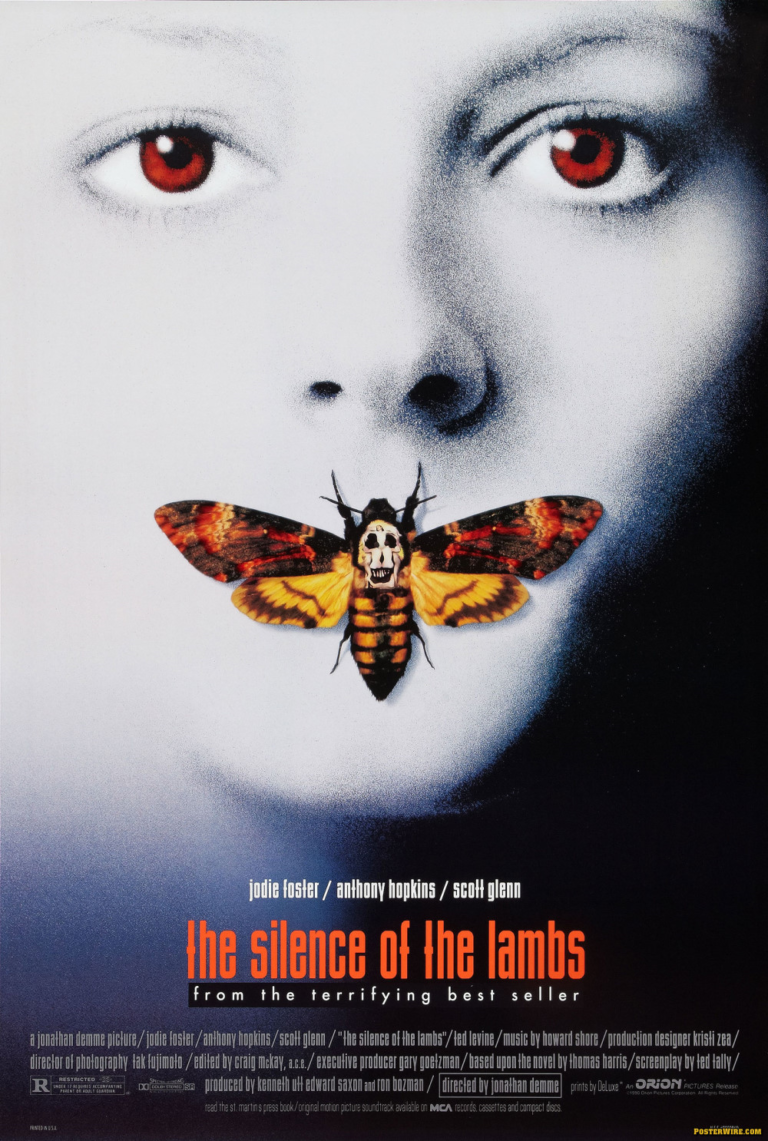 Rick Alverson is the director of the film “The Comedy”. The film stars Tim Heidecker, known best for “Tim and Eric’s Awesome Show, Great Job!” & “Tom Goes to Mayor”, taking on his first dramatic role. Rick took out some time to chat with Media Mikes about the film and its serious underlying themes.
Rick Alverson is the director of the film “The Comedy”. The film stars Tim Heidecker, known best for “Tim and Eric’s Awesome Show, Great Job!” & “Tom Goes to Mayor”, taking on his first dramatic role. Rick took out some time to chat with Media Mikes about the film and its serious underlying themes.
Mike Gencarelli: Your new film is called “The Comedy” but tell us about the serious themes underlying in the film?
Rick Alverson: The initial plan was to make a film about desensitization. It was a movie about the desire for an idiosyncratic and creative interaction with language and people. An idea of flirtation with the world, antagonism, desire to both connect and potentially irate or change or alter the world or be altered by it. There is a lot of underlying interest in inertness and mortality. Yeah, it is all there [laughs].
MG: How did you end up working with Tim Heidecker with his first dramatic role?
RA: Tim has a very unique set of skills. He has this capacity for a very particular kind of social engagement that I knew would, and did, work very well for the role. He was kind enough to come in, since we did not know each other prior. He saw my previous film “New Jerusalem” and him and Eric were interested in my work after that. We managed to portray Swanson in a way that is very volatile  and most importantly ambiguous. It lightly straddles the line between the passive and the antagonistic and between humor and pathos, I suppose.
and most importantly ambiguous. It lightly straddles the line between the passive and the antagonistic and between humor and pathos, I suppose.
MG: The film still has some unsettling moments, were you concerned about offending?
RA: Well, that was impulse of the project. It is about the desire of an individual to push envelopes and to activate, whether it is disgust, it is pity or anything. There is a perfect parallel between the way the movie should act on an audience and the way the character acts on the other characters in the film. There is a symbiotic nature between the form and the content that way. It is strange to me how some individuals have been repelled by the movie, which actually isn’t a bad response. I would think to be repulsed by something would mean that it is serving a kind of larger purpose. I think, as American mainstream film-goers we are used to being playcated and self-affirmed by our entertainment. We would our entertainment to do a very specific thing. We have been conditioned for that. Literally when that entertainment fucks with us, we get angry. This is a very gulf between what some people describe as the institutions of fine art and the mass-marketable, consumable enterprise of commodity entertainment. People go into museums to be perplexed. People go to theaters to be massaged. I think that needs to be shaken up a bit.
MG: This film kind of sticks with you after viewing; was that your intention?
RA: That is what I got to see movies for. If I am going to spend my time and money in something it should change me. It is worth you money that way. It is funny how people go into movies that advertise recreational escape and expect to have a good time.
MG: Tell us about the production; what was your most challenging aspect?
RA: Well, working against New York City. I mean with trying to work with a landscape that is so emblazed and cauterized in our mind as this particular place. I had to figure out how to literally film in that place and do it justice and respect, while at the same time not to be redundant. That was quite a  challenge. I think the other challenge – probably the biggest challenge was finding those particular notes and walking that tight rope between the engagement of the thing and the dystopian kind of awfulness of the things, like the antagonism, cruelty, disrespect and obscenity. How do you do two or three things at once while making it palatable to the characters and also palatable to the audiences if the film was couched as a comedy entirely. Also how to also show some real distance where we recognize that as uncomfortable facts. I don’t know but it is a real tight rope to walk. People love to go to movies and to hate the bad guys and love the good guys. I think that it doesn’t help anyone outside the theater and we should likely be the other way around sometimes.
challenge. I think the other challenge – probably the biggest challenge was finding those particular notes and walking that tight rope between the engagement of the thing and the dystopian kind of awfulness of the things, like the antagonism, cruelty, disrespect and obscenity. How do you do two or three things at once while making it palatable to the characters and also palatable to the audiences if the film was couched as a comedy entirely. Also how to also show some real distance where we recognize that as uncomfortable facts. I don’t know but it is a real tight rope to walk. People love to go to movies and to hate the bad guys and love the good guys. I think that it doesn’t help anyone outside the theater and we should likely be the other way around sometimes.
MG: Tell us about what you have planned next after “The Comedy”?
RA: I am making a movie called “Clement” that takes place in 1868. It deals with the early clan and freedmen communities in rural Virginia. It is kind of an anti-epic cruelty tale. It is something that looks at the literal root causes of the dystopian world that we see in “The Comedy”.

